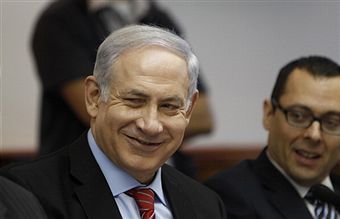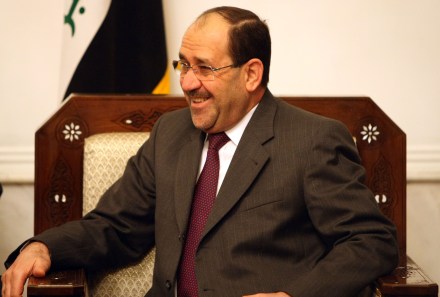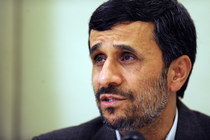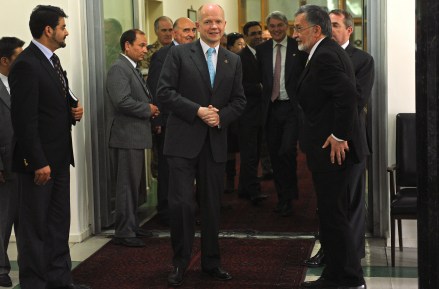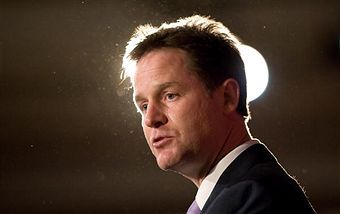The Wikileaks Cables
So, the latest Wikileaks docu-dump is out. Full details here. Among the highlights from the initial reports: Bargaining to empty the Guantánamo Bay prison: When American diplomats pressed other countries to resettle detainees, they became reluctant players in a State Department version of “Let’s Make a Deal.” Slovenia was told to take a prisoner if it wanted to meet with President Obama, while the island nation of Kiribati was offered incentives worth millions of dollars to take in Chinese Muslim detainees, cables from diplomats recounted. The Americans, meanwhile, suggested that accepting more prisoners would be “a low-cost way for Belgium to attain prominence in Europe.” And: Clashes with Europe over


